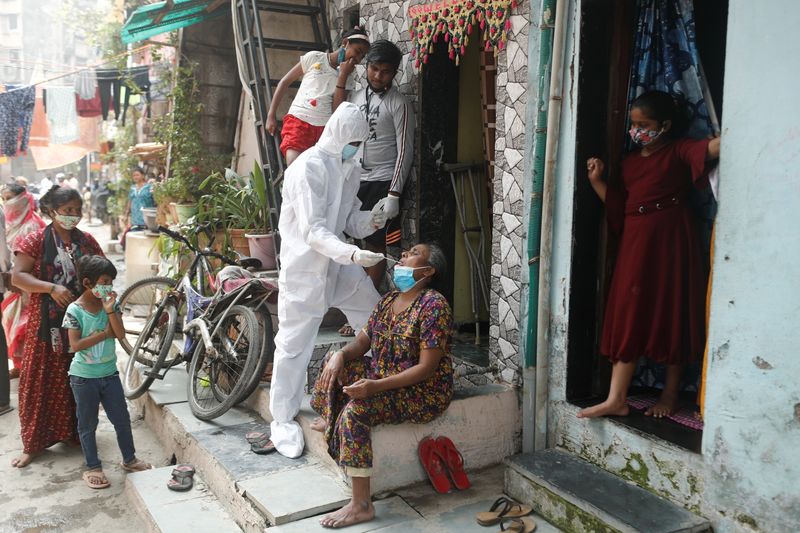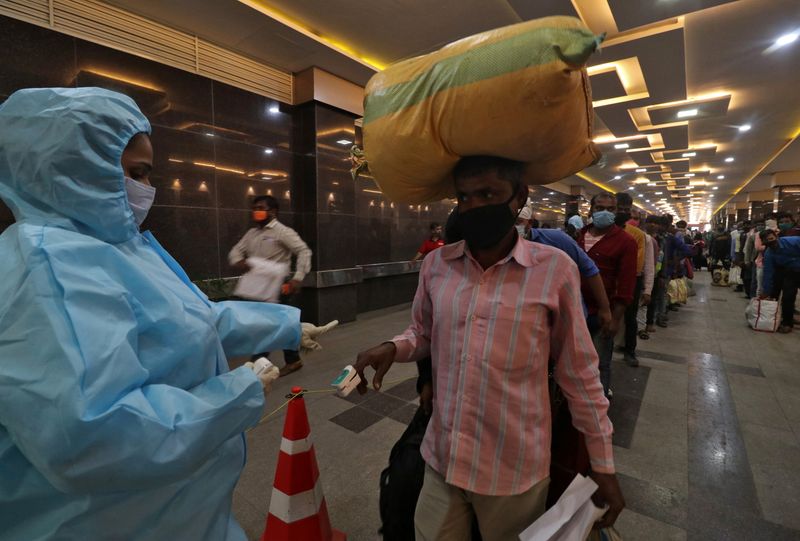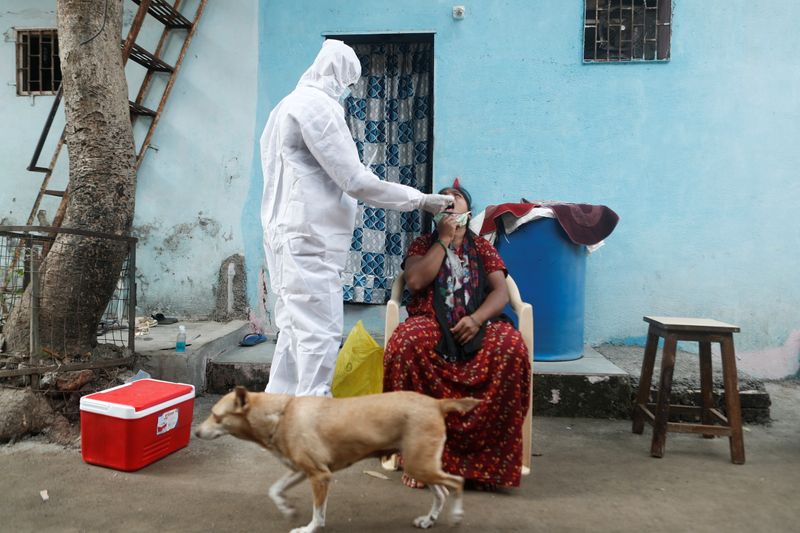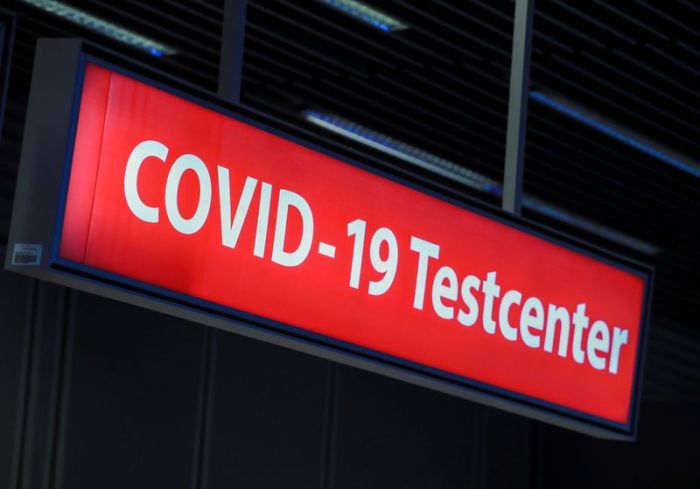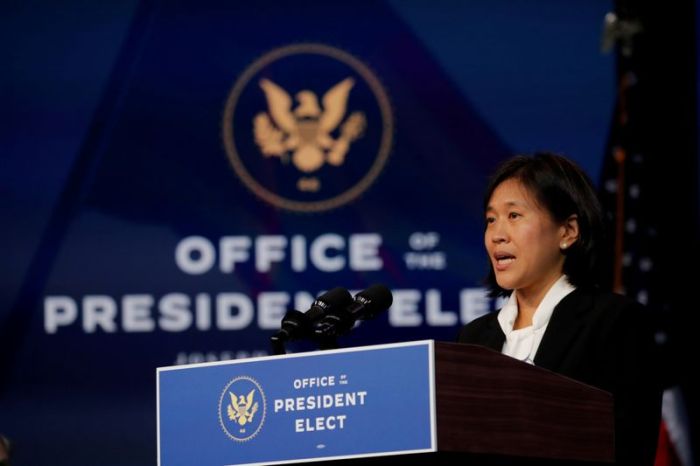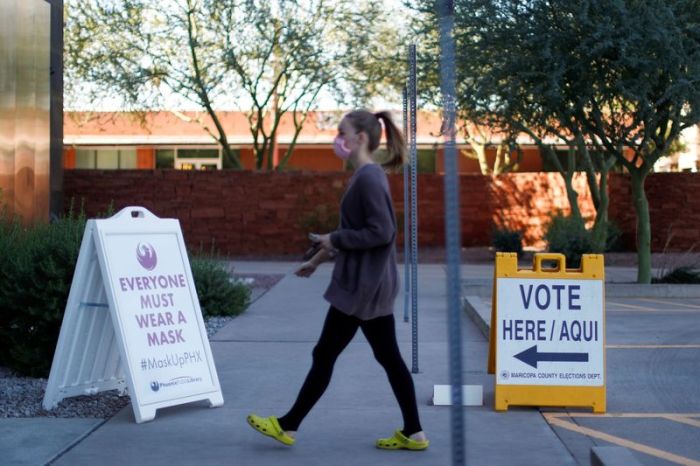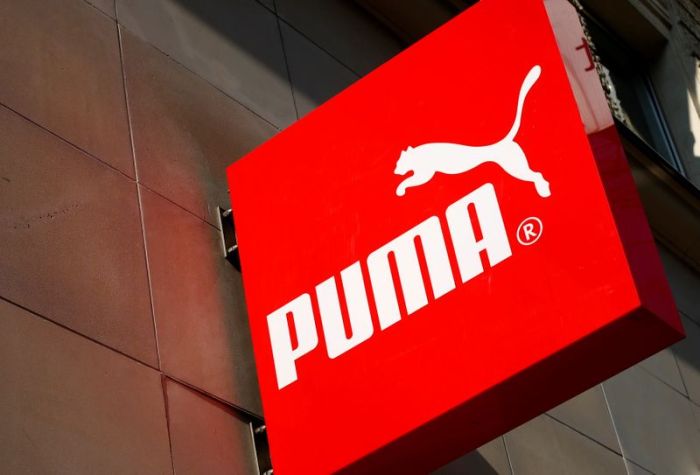NEW DELHI (Reuters) – India announced an expansion of its COVID-19 vaccination programme on Wednesday but warned that breaches of coronavirus protocols could worsen an infection surge in many states.
Nearly a month after the health minister declared that COVID-19 had been contained, states such as Maharashtra in the west and Kerala in the south have reported a spike in cases amid growing reluctance to wear masks and maintain social distancing.
India’s infections are the second highest in the world at 11.03 million, swelled by a further 13,742 in the past 24 hours, health ministry data showed. Deaths rose by a two-week high of 104 to 156,567.
“Any laxity in implementing stringent measures to curb the spread, especially in view of new strains of virus…, could compound the situation,” the ministry said in a statement singling out nine states and a federal territory.
India has confirmed the long-time presence of two mutant variants – N440K and E484Q – in addition to those first detected in Brazil, Britain and South Africa.
TESTS FALLING
The health ministry said that while cases in the states of Chhattisgarh, Gujarat, Kerala, Maharashtra, Madhya Pradesh and Punjab, as well as the federal territory of Jammu and Kashmir, were rising, the proportion of high-accuracy RT-PCR tests in those places was falling because many states prefer antigen tests, which are cheaper and quicker but less accurate.
The federal government is worried excessive reliance on rapid antigen tests could undercount cases, leading to real infections going unchecked and spreading the disease.
Cases have also risen in Karnataka, Tamil Nadu and West Bengal.
In the past week, a third of India’s 36 states and union territories have reported an average of more than 100 new cases each day, with Kerala and Maharashtra both registering more than 4,000, in a trend experts link to the reopening of schools and suburban train services.
Maharashtra reported 8,807 new COVID-19 cases on Wednesday, the highest in nearly five months. Of those, 1,167 were in Mumbai, India’s financial capital.
The government has also asked states to speed up vaccinations for healthcare and frontline workers. Just about 11 million people have received one or two doses in a campaign that began on Jan. 16. The target is 300 million by August.
From March 1, India will start vaccinating people above 60 and those older than 45 with health conditions free of charge in about 10,000 government hospitals and for a fee in more than 20,000 private facilities, the government said.
Earlier on Wednesday, a regulatory panel sought more data from drugmaker Dr. Reddy’s Laboratories for emergency authorisation of Russia’s Sputnik V COVID-19 vaccine, a senior official with direct knowledge of the discussions said.
The Central Drugs Standard Control Organisation did not immediately reply to a Reuters request for confirmation.
(Reporting by Krishna N. Das and Neha Arora; Additional reporting by Rajendra Jadhav; Editing by Mark Heinrich)

